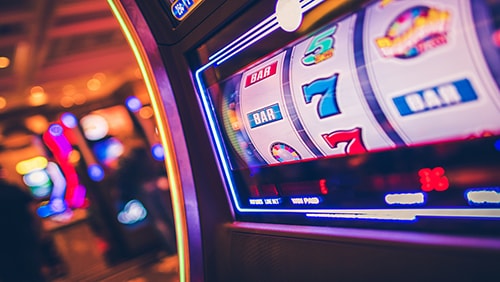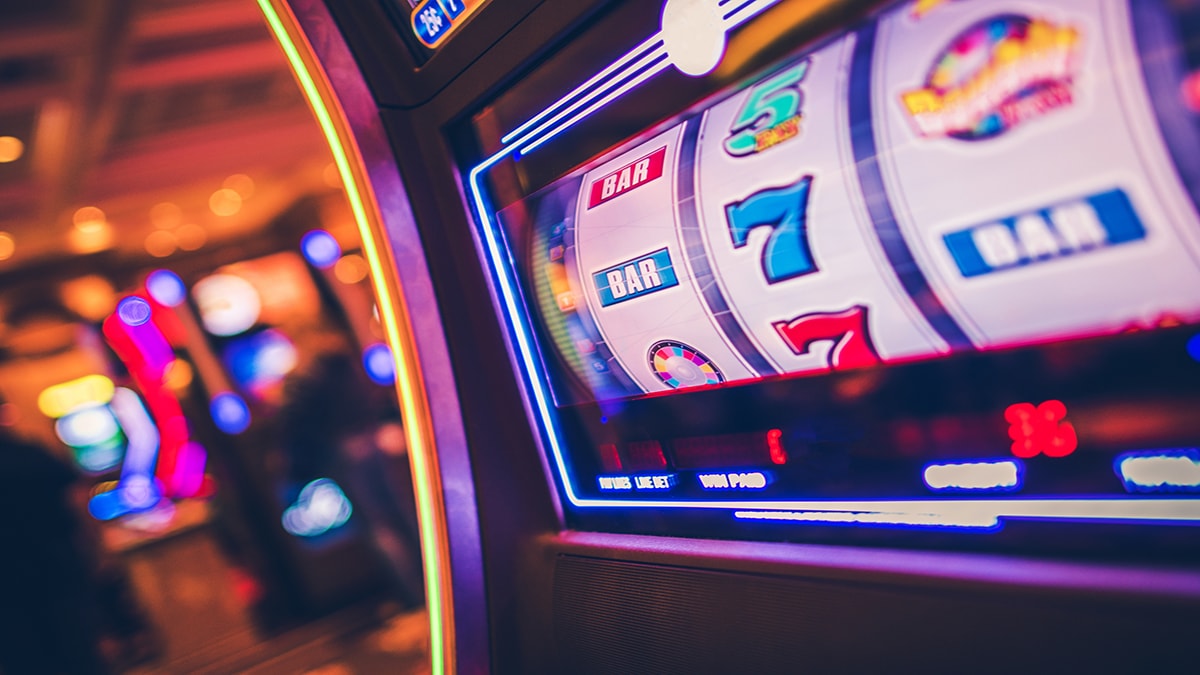 Earlier this year, Greece submitted its updated iGaming framework to the European Commission (EC) to get the latter’s seal of approval. That framework received the commission’s blessing, and the country’s iGaming industry was off to the races. There has been substantial interest on the part of operators to get involved with the Greek market, but changes that are being made to the slot machine segment certainly won’t make them happy. Greece is following in the footsteps of the UK and a small handful of other countries, and will severely handicap a lot of iGaming activity.
Earlier this year, Greece submitted its updated iGaming framework to the European Commission (EC) to get the latter’s seal of approval. That framework received the commission’s blessing, and the country’s iGaming industry was off to the races. There has been substantial interest on the part of operators to get involved with the Greek market, but changes that are being made to the slot machine segment certainly won’t make them happy. Greece is following in the footsteps of the UK and a small handful of other countries, and will severely handicap a lot of iGaming activity.
According to Greece’s new gambling rules, which were just published through the country’s official Gazette media outlet, digital random number generator (RNG) games are getting an overhaul. Going forward, online slots will have to implement a stake cap of €2 ($2.36), a wait time between spins of at least three seconds and avoid being advertised anywhere other than on the operator’s site. In addition, slot winnings are limited to €5,000 ($5,900) per gaming session.
The three-second rule will apply to all RNG-based games, except poker. Across the board, no Internet-based game will be able to offer a prize of more than €70,000 ($82,614), and all online gamblers are required to establish limits for deposits, losses and duration of play going in. If a user gets to 80% of their limits, operators will be required to alert them.
Affiliates will be allowed to work with the operators, but under strict control. They have to sign agreements with the operators that cover things like the method of calculation of fees and how these are paid, and the operator is required to inform Greece’s gaming regulator, the Hellenic Gaming Commission, of any affiliate agreements.
Social media advertising will be allowed; however, like everything else, only with strict controls. Operators are going to have to be able to target only those who are 21 years old or older – something not easy to do when social media platforms like Facebook and Twitter allow anyone and everyone to sign up without identity verification – and no advertising can offer a “feel good” take on gambling. This means not promoting a “positive image” that shows how gambling revenue goes to the country through taxes or showing “unfounded statements about the chances of winning.” The operator is also prevented from hinting that skill at a particular game will improve the odds of winning.
There is at least a little bit of good news. For sports gambling, operators can open the floor to both wagers on established and “real” sports organizations and virtual sports. However, gamblers will need to moderate how much they wager, as the top payout per bet is capped at €500,000 ($590,000).
Operators will now have to decide if the restrictions are too much to justify the licensing fees. For an online gambling license, the cost is €3 million ($3.54 million), while an iGaming license will set a company back €2 million ($2.36 million). Both would be valid for seven years.






